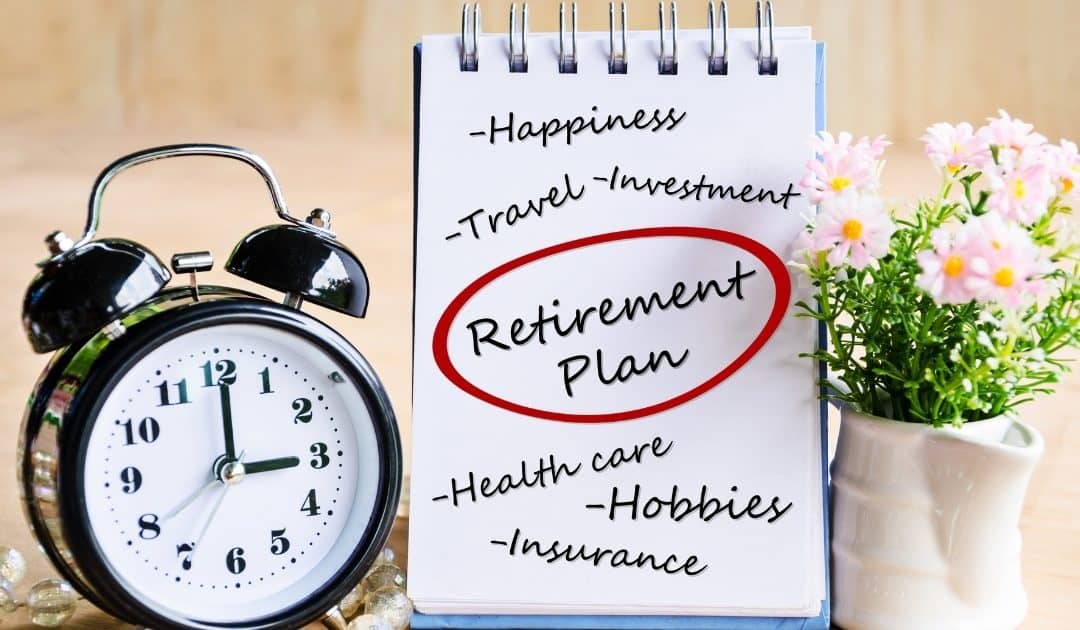The number one question I am asked as a Retirement Professional is…How much do I need to save for my retirement? With fewer and fewer pensions, today’s workers need to be more prepared than ever for their retirement.
Why Should I Save for Retirement?
The purpose of your retirement savings is to replace the income you earn while employed. With unknowns such as rising health care costs and life span, it’s important to build a cushion that will sustain you throughout your retirement years.
Overall, you will want to replace about 80% of your current income in retirement, to maintain a similar lifestyle. If you are able to pay off your mortgage before retirement, that helps to reduce your expenses in retirement, though you will still have taxes, utilities, and upkeep on your home. Once retired, however, you will no longer have expenses related to work or some of the payroll deductions that currently reduce your take home pay.
Will Social Security Cover My Retirement?
Many believe that Social Security will serve as a supplement to their retirement. Unfortunately, far too many Americans rely on social security for most, or all of their retirement. While social security will provide some retirement income, it should not represent more than 30% of your income in retirement.
How Much Money Should I Save?
The most direct answer in how much to save for retirement is 19% of your income, each and every year you are employed, from the first year of your career, until the end of your career. This is a shocking figure to many. The 19% represents ALL savings for your retirement –
- your savings
- your 401(k) deductions or IRA contributions
- your employer matching contributions
- employer discretionary contributions
That is why, when assessing a position with an organization, it is so important to look at all of the benefits offered by each organization when comparing jobs. For example, a company with a 401(k) Plan that offers a match formula of 50% to 8% of compensation is actually PAYING you 4% of your income to save 8% of your income. If that same company offers a 4% annual employer contribution, that’s an additional 4% of your income going into your retirement. In this example, if you just saved 8% of your pay, the company would give you 4% employer match plus you receive another 4% in employer contributions, you would be at 16% of income, very close to the 19% goal.
How Can I Save for My Retirement?
After their initial shock, many respond that they just can’t save that much. It’s important to think of your retirement savings as mandatory, not optional. Just like your electric, heat and your car payment, your retirement must be funded. How else do you plan to pay for your necessities in retirement? You will need to eat, have electric, heat and water. It is so important to plan.
Start somewhere.
If your company offers a 401(k) with a match, definitely defer to the 401(k) at least the amount you receive in match. Don’t ever leave money on the table. Then pick a date like your annual pay raise, January 1st, your birthday, and increase your deferrals by 1% or 2% each year on that date. If your company does not offer a retirement plan option, open an IRA account and ask if a monthly amount can be automatically transferred from your bank (or set up the automatic transfer on your end) and increase the amount once or twice a year. If you start with what you can afford and increase in small steps, you will hardly notice the difference.
Some say they will never retire. Statistically, that just isn’t the case. When I attend employee meetings and look at the overall workforce of my clients very very few have active employees over the age of 70. The truth is, almost all of us will retire to some degree. We will have expenses and need to pay our bills. By starting early and staying on target, our retirement income will be there, ready and waiting for us.
About Kline, Keppel & Koryak
Located in Northeast Ohio, Kline, Keppel & Koryak is an independent Third Party Administrator supporting a wide variety of employers throughout the country, many in Western Pennsylvania and Northeast Ohio. We specialize in the Plan Design, Administration, Compliance Testing, and Reconciliation for all types of Defined Contribution Plans including: 401(k) Plans, Safe Harbor Plans, Cross-Tested or New Comparability Plans, Profit Sharing Plans, ESOP Plans, and Money Purchase Plans. We work with any investment platform that offers recordkeeping services in conjunction with an independent TPA. In addition, we provide recordkeeping services for plans not wanting to utilize a Daily Recordkeeping Platform. Our personalized service keeps you, the client, in mind in supporting you with all of your Retirement Plan needs. Contact us today!

